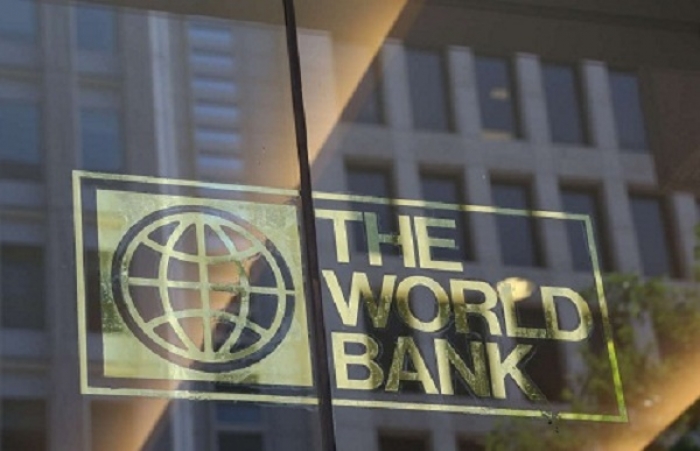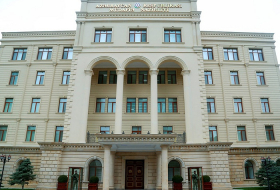"Unfortunately, Azerbaijan is overly dependent on oil," he noted. "Nonetheless, oil prices decline and subsequent devaluation of national currency created opportunities for other sectors of the economy to evolve."
He added that, the current exchange rate will create conditions for many potential agricultural exporters to become more competitive on different markets.
The fall in oil prices means that revenues of the Azerbaijani Government have declined, which forced consideration for new reforms that will encourage diversification of country’s economy, he said.
Azerbaijan continues to work on various reforms, he noted. "So we are happy to see the Road Map that Government has unveiled this year," he said.
Among other reforms, he also outlined the establishment of the Financial Stability Council.
Reforms take time and it’s too early to tell how effective they will be, he said.
He added that, reforms by the Azerbaijani Government have the potential to positively impact the country’s economy.
World Bank’s expectations for Azerbaijan’s economic growth are approximately similar to those of other financial organizations.
Consequently, International Monetary Fund expects Azerbaijan’s economy to decrease by one percent in 2017 and grow up to two percent in 2018. Dutch ING Bank expects a one percent decrease this year and a 1.6 percent increase in 2018, Asian Development Bank – 1.1 percent decrease and a 1.2 percent increase, respectively, and the Standard & Poor’s international rating agency – a one percent decrease and a two percent growth, also respectively.
Azerbaijan has joined the WB group in 1992.
More about: #World-Bank













































